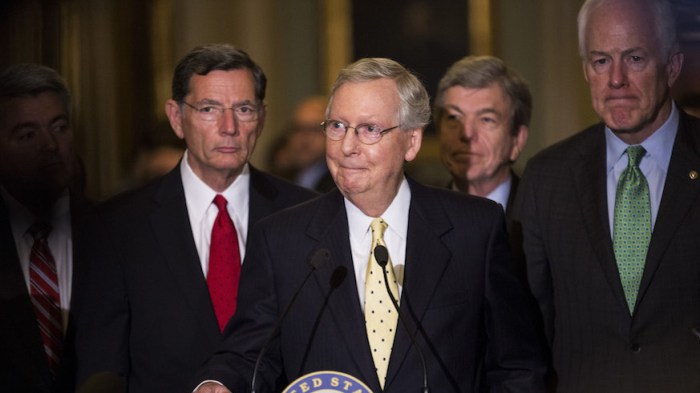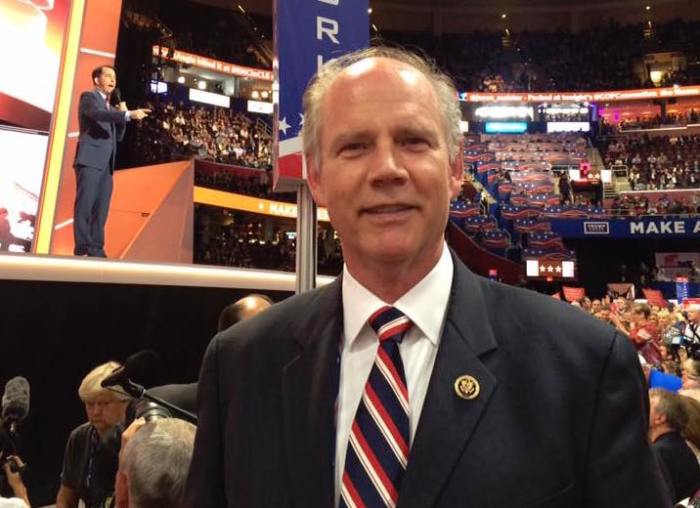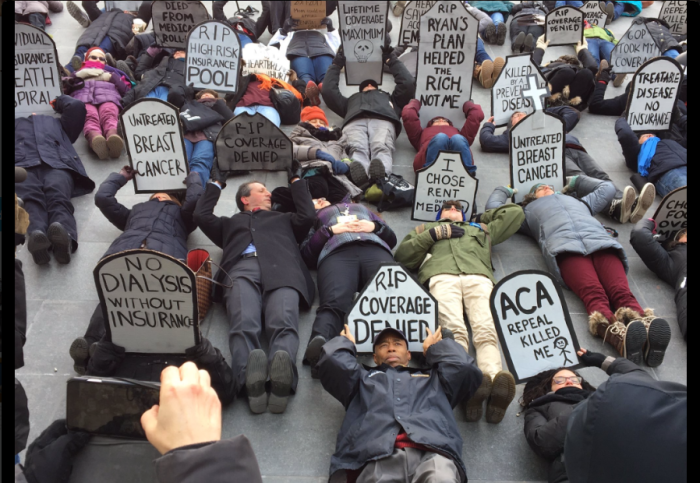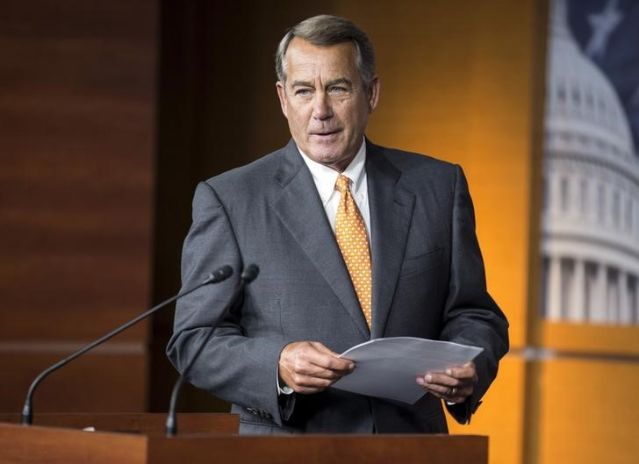House Republicans have unveiled their repeal-and-replace plan for the Affordable Care Act after six years of vowing to dismantle former President Barack Obama’s legacy legislation.
Released on March 6, the 123-page American Health Care Act, dubbed GOPCare, includes major changes to the ACA, both in coverage and cost. As House committees mark up the bill this week, here’s a breakdown of its key components:
Repeals mandatory insurance
The bill repeals the individual mandate under the ACA, which means people would not have to pay a penalty if they are without insurance.
However, the plan does call for a “continuous coverage incentive,” which charges a 30 percent penalty for lapses in coverage.
A group that advocates for millennials in health-care reform told NPR that this provision disproportionately affects that generation, as they are more likely to move or change jobs. Retains Medicaid expansion through 2020
Under Obama,more than 30 states expanded Medicaid coverage by changing the eligibility standards. The federal government pays nearly all the costs of those Medicaid beneficiaries. The House replacement bill lets these states keep their expansion and federal funding until 2020. The bill essentially freezes enrollment at that point. If a state decides to enroll new Medicaid beneficiaries in 2020, the state will have to pick up the costs. Older enrollees could pay more
House Republicans are doing away with a regulation under Obamacare that restricted how much insurers could charge their oldest subscribers. If passed into law, insurance companies could charge older people as much as they want under GOPCare. Protects people with pre-existing conditions
Under AHCA , insurers are still required to cover people regardless of any pre-existing condition, a provision that has carried over from Obamacare. Insurance companies are still barred from charging more based on someone’s personal health history. Children can still stay on their parents’ policies until age 26
This key provision of Obamacarewill remain under the AHCA. President Donald Trump told the Wall Street Journal after winning the election that he “very much” likes this health right. Insurers must still offer the 10 essential health benefits
All individual and small group plans are still required to include the 10 essential health benefits defined under Obamacare: — Ambulatory patient services, also known as outpatient care Defunds Planned Parenthood
GOPCare blocks Medicaid from paying for any healt- care services at a Planned Parenthood clinic. While existing laws under the Hyde Amendment block Medicaid funds from paying for abortions at Planned Parenthood, this provision would effectively defund the clinic nationwide.
— Trips to the emergency room
— Hospitalization
— Maternity and newborn care
— Mental health services and addiction treatment
— Prescription drugs
— Rehabilitative services and devices
— Laboratory services
— Preventative services
— Pediatric services
7 things you need to know about the GOP health-care replacement bill
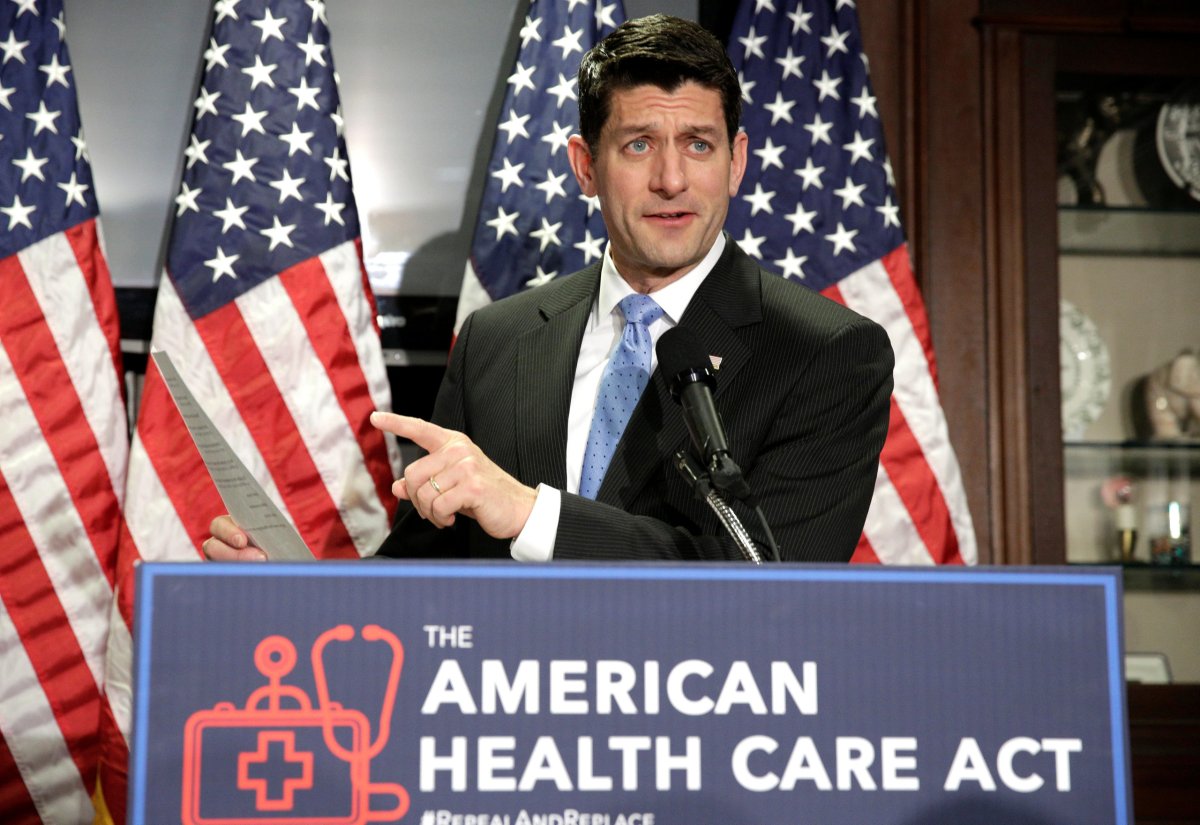
Reuters

